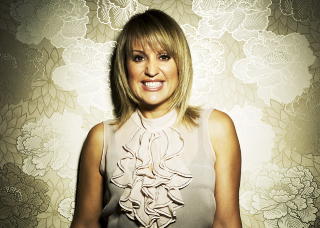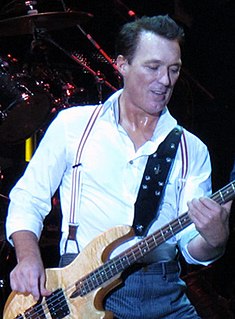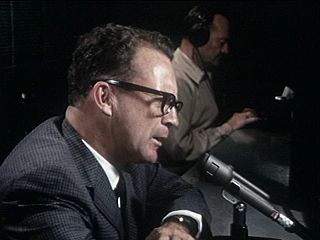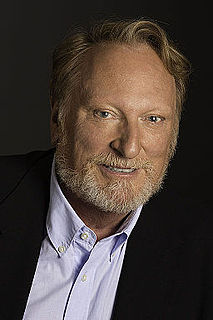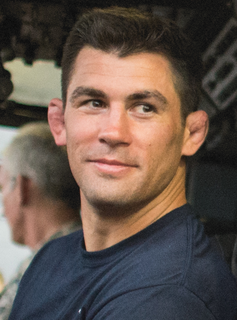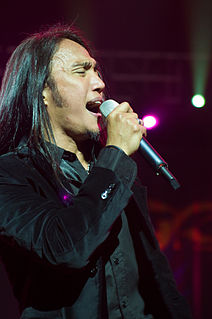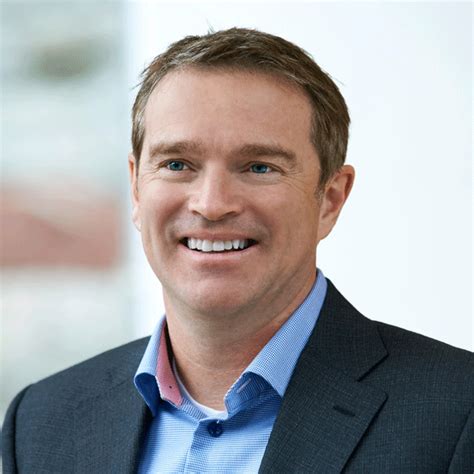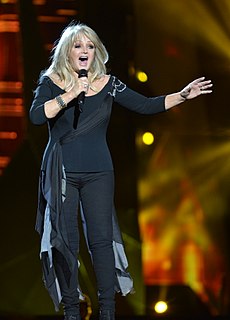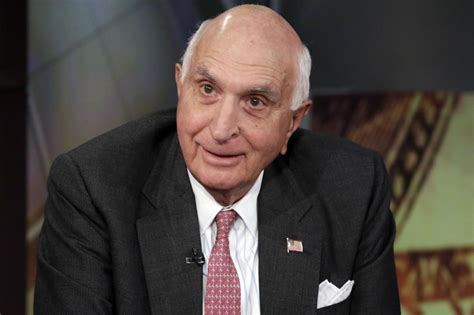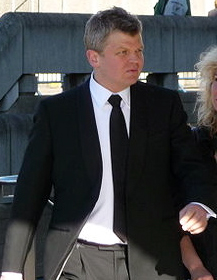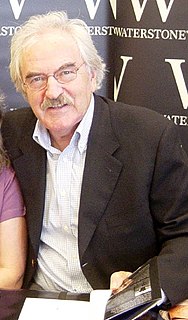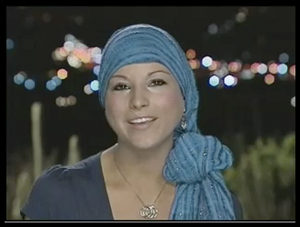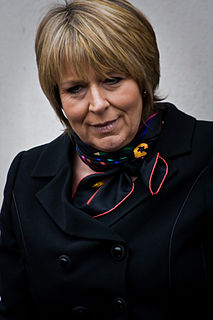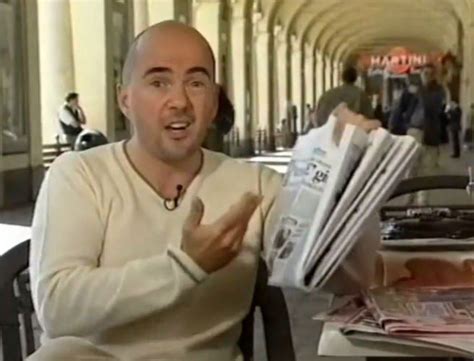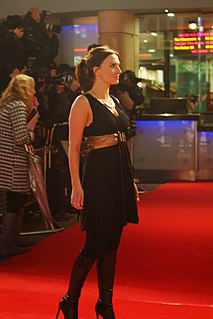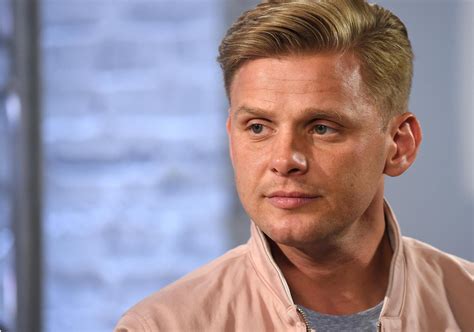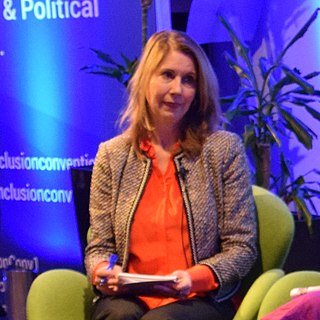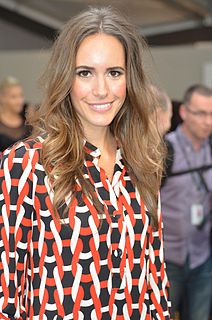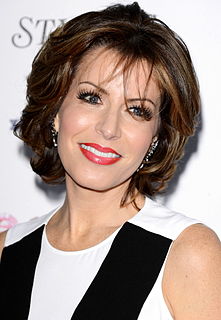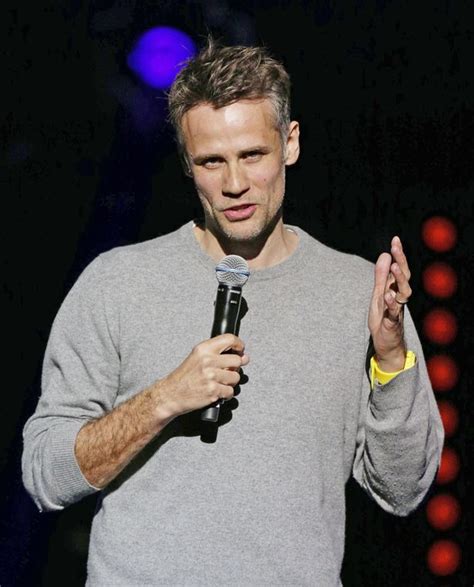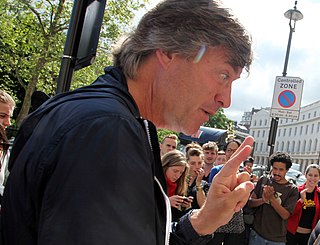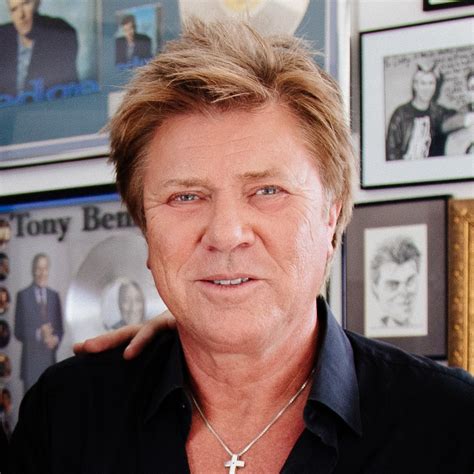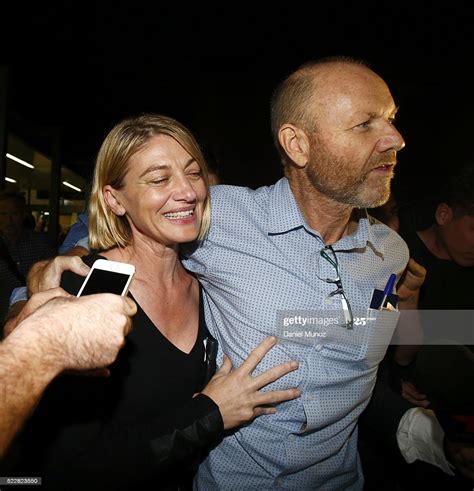A Quote by Nicki Chapman
My first part-time job gave me the smell of earning money when I worked in a village chemist aged 14. I loved helping the pharmacist with prescriptions and on the shop floor, with its glamorous make-up aisle.
Related Quotes
Eventually I gave up teaching at the St. Paul Gallery because of disagreements with the philosophy of that museum, and I got a job at the University of Minnesota, which was very fortunate because it was a part-time job and that gave us a great deal of time in our studio to work together and to make the pots we wanted to make.
Spending of the best part of one's life earning money in order to enjoy questionable liberty during the least valuable part of it, reminds me of the Englishman who went to India to make a fortune first, in order that he might return to England and live the life of a poet. He should have gone up garret at once.
I went to all the shops in the village looking for work. I didn't have any qualifications. I ended up working in a grocery shop for about a year and then went to a confectioner, where I earned three pounds 10 shillings. I gave the money to my mother and father, but I also managed to save five shillings a week.
